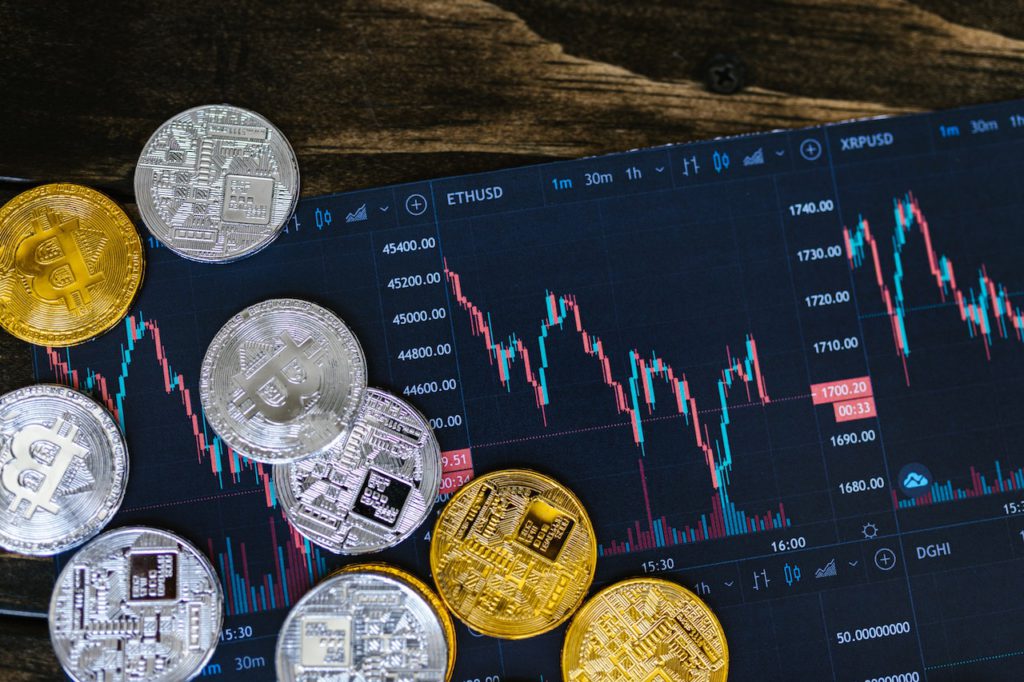In the ever-evolving landscape of the music industry, blockchain technology has emerged as a game-changer, revolutionizing how music is created, distributed, and monetized. With the rise of crypto music a new era of empowerment has dawned upon artists. In this article, we will explore the transformative power of blockchain music and how it is reshaping the music industry.
1. Decentralized Creation and Collaboration
Blockchain music platforms are enabling decentralized creation and collaboration among artists. Through smart contracts and transparent protocols, artists can collaborate on projects seamlessly, eliminating intermediaries and ensuring fair distribution of royalties. This empowers musicians to retain creative control over their work while opening up new avenues for collaboration with artists around the globe.
2. Transparent Royalty Payments
One of the most significant benefits of blockchain music is the transparency it brings to royalty payments. Traditional music distribution often needs more complex and opaque royalty systems, leading to delayed or inaccurate payments for artists. With blockchain technology, crypto music platforms offer transparent and immutable music ownership and usage records. This ensures that artists receive their rightful earnings promptly and transparently.
3. Direct Fan Engagement and Tokenization
Blockchain music platforms enable direct engagement between artists and their fans through tokenization. Fans can support their favorite artists by purchasing tokens representing ownership or access to exclusive content, merchandise, or even concert tickets. This direct relationship between artists and fans provides artists with direct funding and fosters a stronger sense of community and fan loyalty.
4. Enhanced Copyright Protection

Copyright infringement has long been a challenge in the music industry, impacting artists’ ability to protect and monetize their work. Blockchain technology offers a solution by providing immutable and timestamped records of ownership and usage. This helps establish proof of ownership, resolve disputes, and ensure fair compensation for artists when their music is used or licensed.
5. Democratizing Music Distribution
Blockchain music platforms are democratizing music distribution by removing traditional gatekeepers and intermediaries. Artists can independently release their music on decentralized platforms, reaching a global audience without the need for record labels or distribution companies. This empowers artists to maintain creative control, retain a larger share of their earnings, and connect directly with their listeners.
6. NFTs and Unique Digital Collectibles
Non-Fungible Tokens (NFTs) have gained significant traction in art and music. Artists can tokenize their pieces, creating unique digital collectibles that fans can purchase and own. NFTs offer a new way for artists to monetize their work, allowing them to sell limited editions, special releases, or even fractional ownership of songs or albums.
A notable aspect of the blockchain music revolution is the emergence of Non-Fungible Tokens (NFTs) and their application in the music industry. NFTs have gained significant traction in art and music, providing artists with a new way to monetize their work and engage with their audience. By tokenizing their music, artists can create unique digital collectibles that fans can purchase and own.
NFTs offer a novel concept where each token represents ownership or access to a specific music, artwork, or digital asset. In music, artists can tokenize their songs, albums, or even snippets of exclusive content, allowing fans to acquire these unique digital collectibles. These NFTs can be traded, sold, or held as valuable items in a digital marketplace.
The appeal of NFTs lies in their ability to provide scarcity, provenance, and authenticity in the digital realm. By associating a specific piece of music with an NFT, artists can create limited editions or special releases that collectors and fans highly seek after. NFTs also enable fractional ownership, allowing multiple individuals to own a percentage of a song or album, providing a unique investment opportunity for music enthusiasts.
NFTs can unlock additional benefits for token holders, such as exclusive access to unreleased tracks, backstage passes, meet-and-greet opportunities, or VIP experiences. These incentives create a direct and personalized connection between artists and their fans, enhancing fan engagement and loyalty.
The introduction of NFTs in the music industry has sparked conversations about the future of music ownership and the potential for new revenue streams. With NFTs, artists can generate income from traditional revenue sources like streaming and merchandise sales and from the direct sale of their digital collectibles. This diversification of revenue streams can provide artists with financial stability and creative freedom, enabling them to invest in their craft and connect with their audience on a deeper level.
The fusion of blockchain technology and music has created an exciting era of innovation and empowerment for artists. Using NFTs and unique digital collectibles, artists can monetize their work, engage directly with their fans, and explore new avenues of creativity. The blockchain music revolution democratises the industry, providing artists greater control over their music, fair compensation, and the opportunity to connect on a deeper level with their audience. As the potential of blockchain continues to unfold, the music industry is poised for further transformation, paving the way for a more inclusive, transparent, and artist-centric ecosystem.
